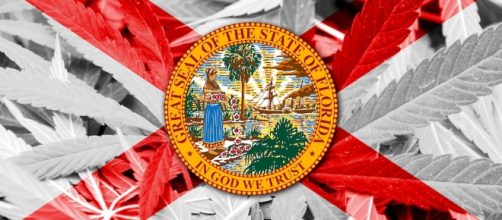Last year residents of Florida state overwhelmingly supported Amendment 2, which states that medical marijuana could be used to treat patients who have debilitating diseases such as cancer, Parkinson's, and HIV/AIDS. But before the law could be enacted it had to go through legislation and had to be looked over for six months before legislation could come with a ruling that seemed appropriate enough for the new Amendment. However, the new ruling is causing some eyebrows to be raised because how does this affect patients who want this medical marijuana?
Would they be eligible to receive it at all or is there no way they could ever obtain the drug?
Vague description
The Health Department branch in Florida is set to govern the use of medical marijuana. But the ruling was vaguely worded and has led to confusion from below and above. Many of the officials in the Health Department are unaware of who should be allowed to use the drug and who is not allowed. The ruling and the regulations don't have a concrete definition of which patient or which disabled person is considered a good candidate for the drug.
The law surrounding medical marijuana also encompasses two different programs within the state of Florida. One program offers low dose THC for children who have epilepsy and another program that offers stronger doses of THC to cancer patients going through chemotherapy and radiation.
But the confusion raises concerns from doctors who want to administer medical marijuana to patients, while the regulations governing this new form of alternative medicine do not have requirement guidelines set in place for those who want to give this to their patients.
Guideline requirements
"It is incumbent on the qualified physician to follow the law when diagnosing patients and determining if medical marijuana is an appropriate treatment," said spokeswoman Mara Gambineri of the Health Department to Tampa Bay Times, "Florida Department of Health, physicians, dispensing organizations and patients are bound by existing law and rule." While Gambineri did not provide clarity on the matter, she also did not state what rules can allow doctors to provide alternative treatments to their patients, and how they can do so.
The only advice Gambineri offered was that doctors consult their legal representation before administering.
Legislation will be back in session starting March 7 in Florida to discuss the ruling and guidelines for doctors and dispensaries to follow.

